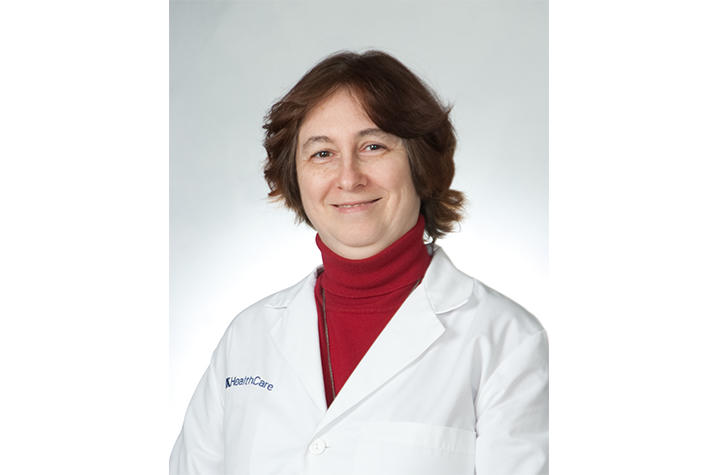Breast Cancer Treatment and Heart Disease — What You Need to Know

LEXINGTON, Ky. (Feb. 13, 2018) — Recently, the American Heart Association published a striking statement for women who have undergone chemotherapy and/or radiation treatment for breast cancer: namely, that these therapies can contribute to heart failure or other heart problems, even many years after the conclusion of cancer treatment.
If you are being treated for breast cancer or even if you are a survivor, this is troubling news. However, not all cancer treatment therapies may cause heart problems and there are ways to potentially minimize your risk.
Which therapies have the highest risk?
Oncologists have long counseled patients about the risks for many life-saving cancer drugs. Two major classes of drugs, linked to cardiac problems, are anthracyclines and Herceptin (also known as trastuzumab). Their effects are very different.
Anthracyclines, including drugs like doxorubicin, can cause profound and long lasting effects on cardiac muscle. These effects, however, are dose-dependent and oncologists monitor the doses very carefully. Herceptin typically causes milder cardiac damage which is also mostly reversible. Radiation can cause arteries to narrow or develop blockages.
How can I minimize the risk to my heart from cancer treatment?
Because of these side effects of cancer drugs, you probably had to have an echocardiogram – an ultrasound examination of the heart – to make sure your heart is healthy and can withstand the treatment.
Sometimes physicians may recommend altering therapy to avoid the possibility of heart damage. For example, instead of giving certain chemotherapies in one large dose, they may be less risky if given more slowly. And common cardiac medications like beta blockers may be able to reduce or prevent the damage to the heart.
What should I do if I've had these treatments in the past?
The most important thing is to just be aware of your risk for heart problems, and to pay attention to your body. Fatigue, palpitations, shortness of breath, swelling — these are just a few symptoms of heart failure and are often overlooked. Know specific drugs you took for breast cancer. If you're seeing a new doctor, or coming into the emergency department, make sure they know about your history with breast cancer treatment.
How can I reduce my risk of heart disease following breast cancer treatment?
Living a healthy lifestyle — managing your weight, eating well, exercising, and keeping an eye on your blood pressure and cholesterol — can help reduce your chances of developing heart problems.
Major research is currently underway on this particular problem, and we hope that soon we can find ways to lessen or eliminate these potential risks to the heart from breast cancer therapies.
Dr. Maya Guglin is professor of medicine at the UK Gill Heart & Vascular Institute.




